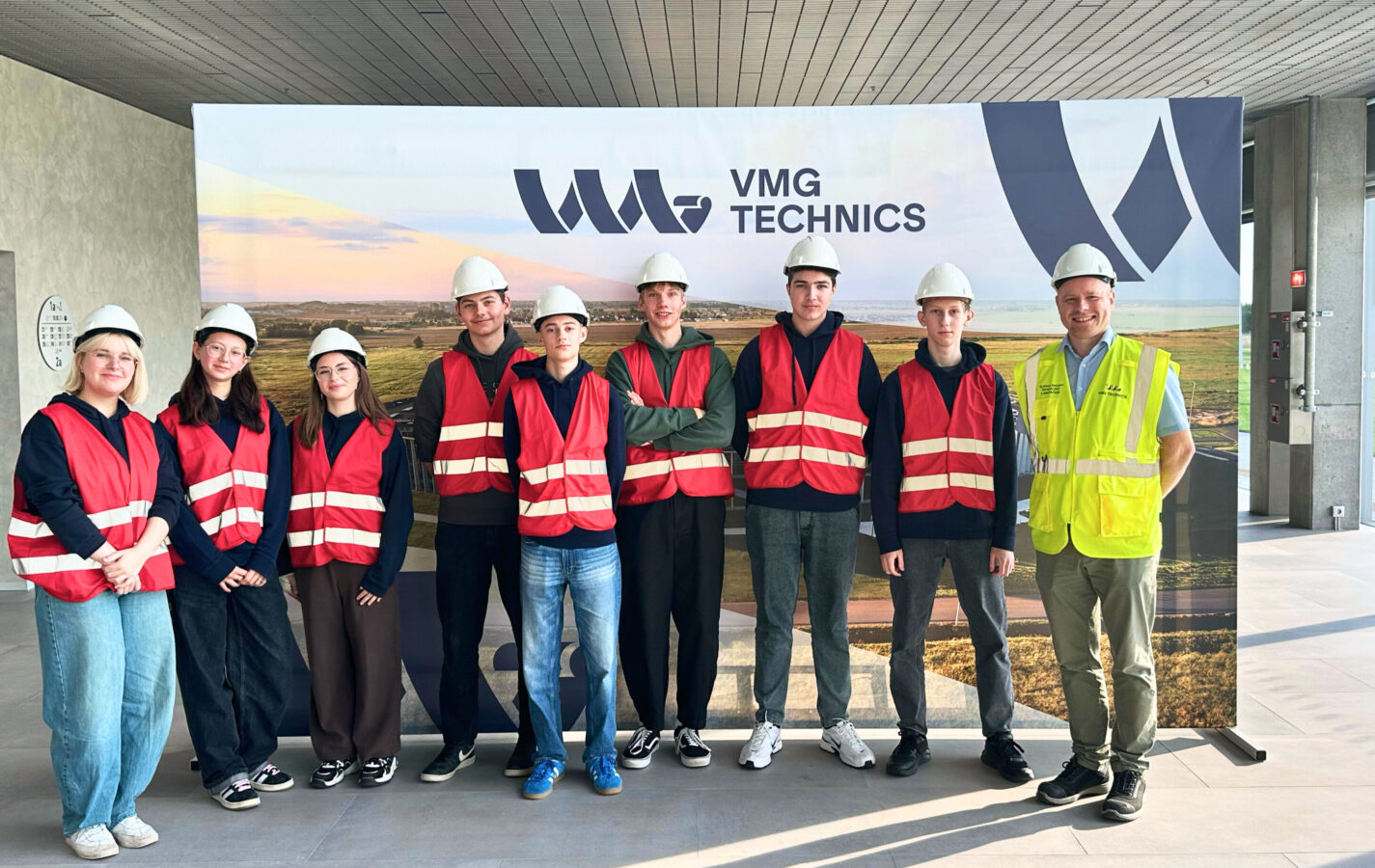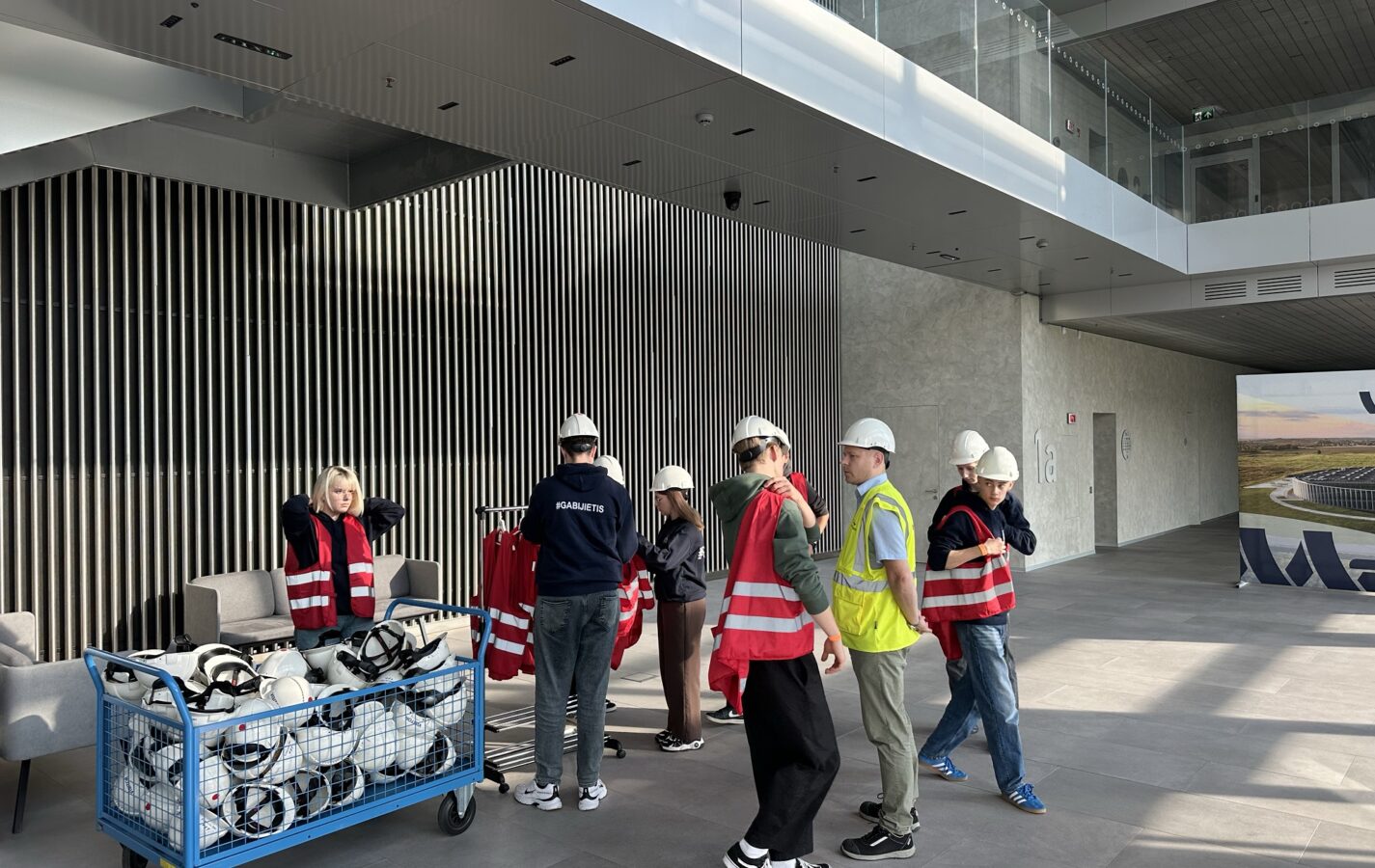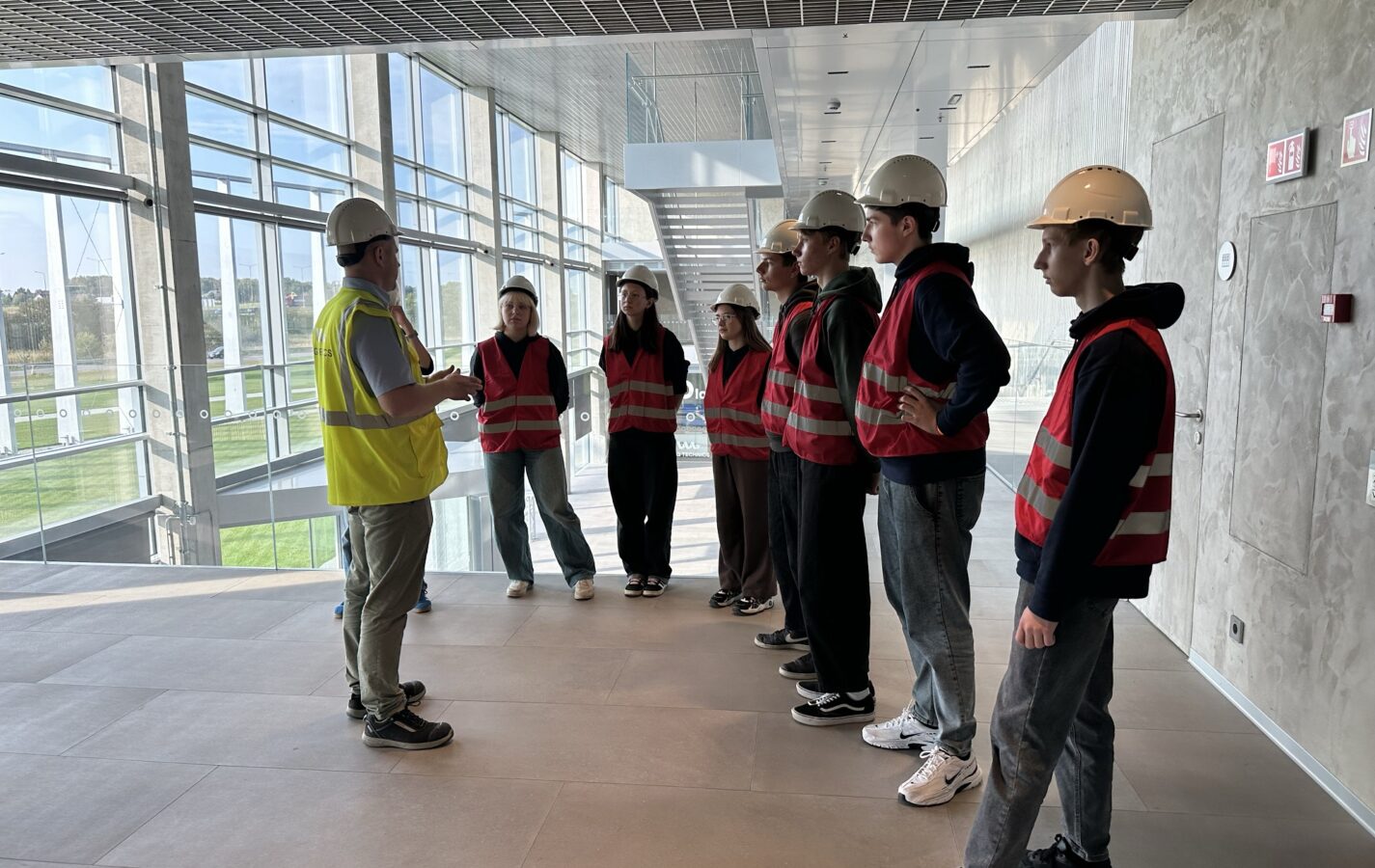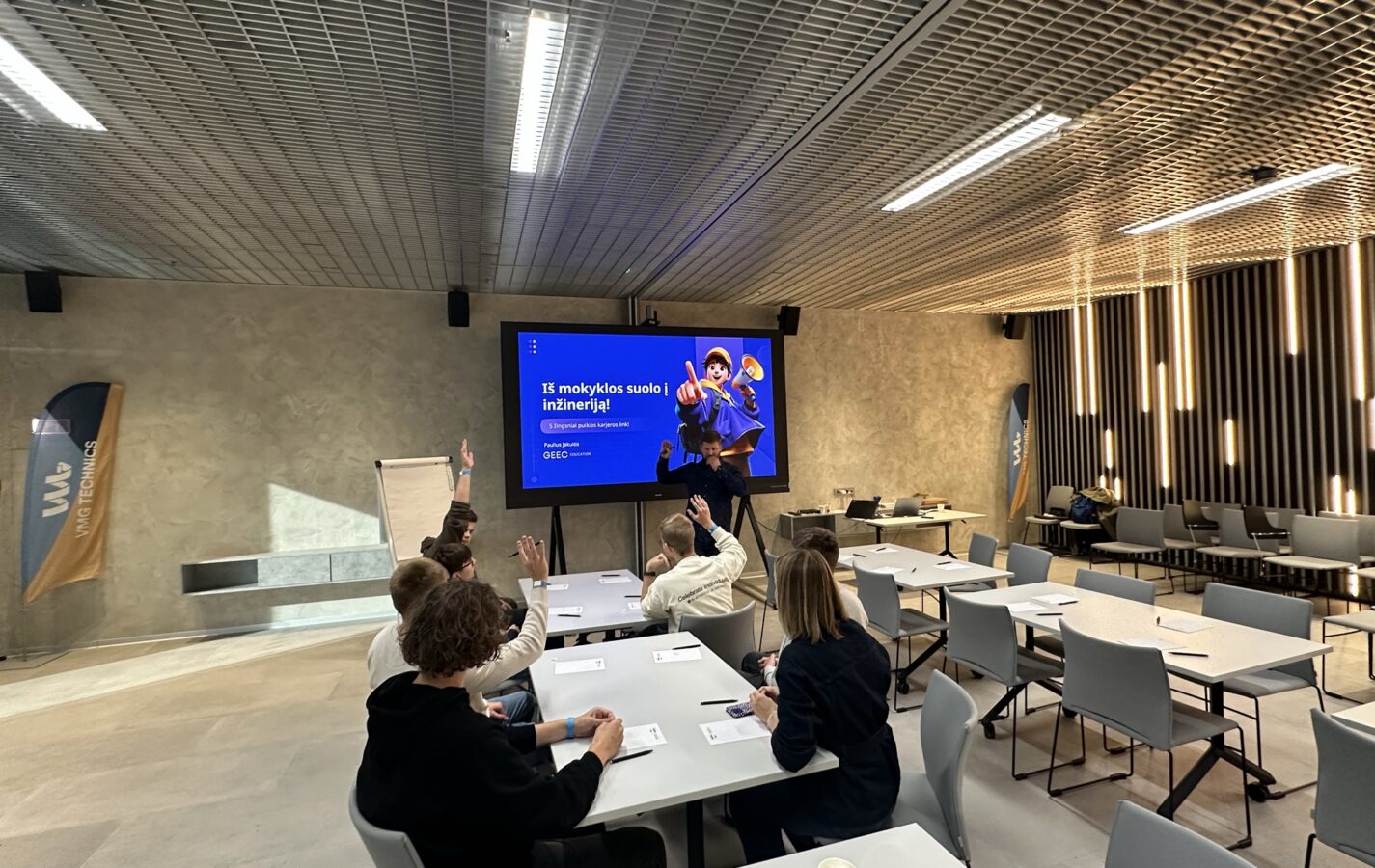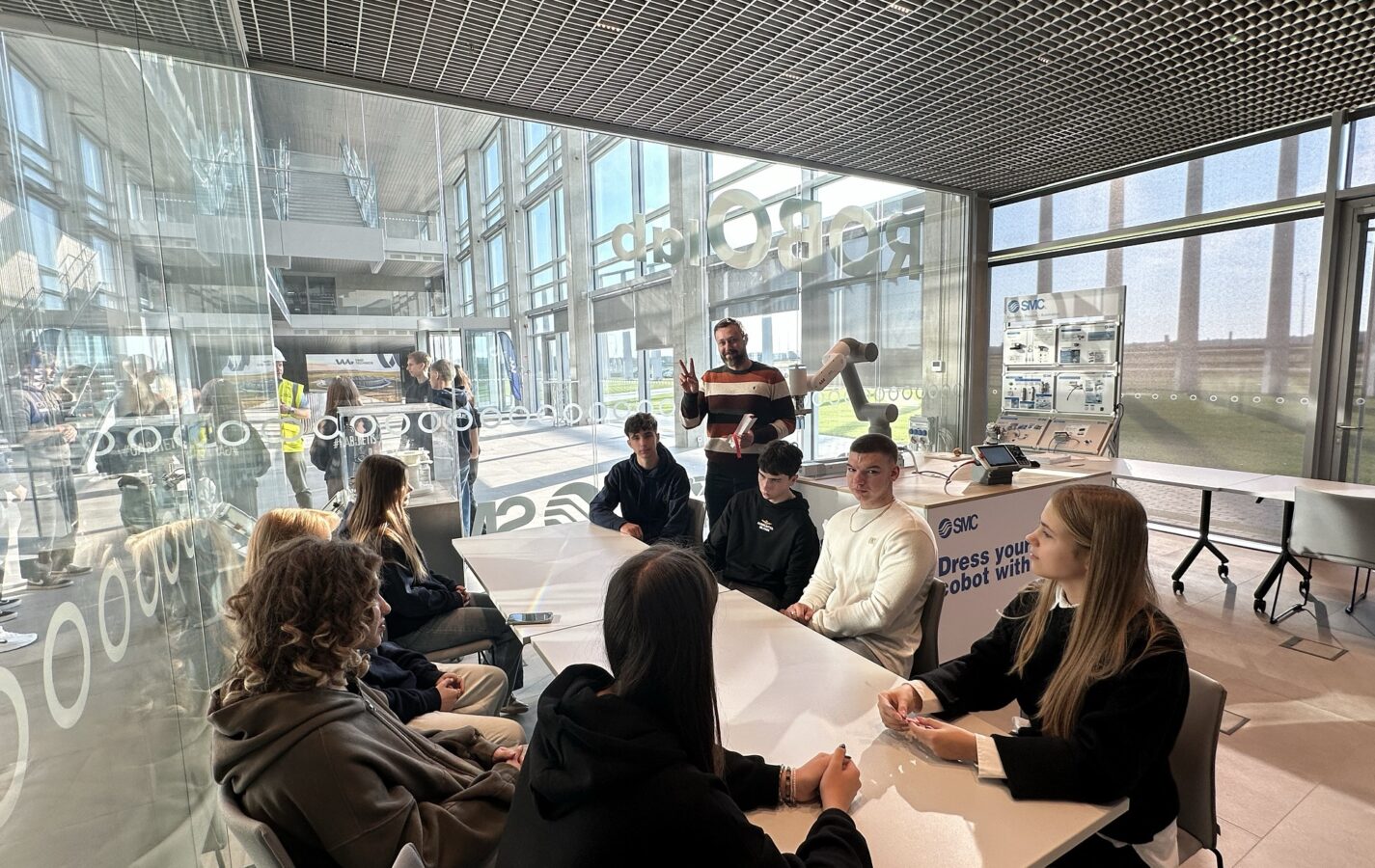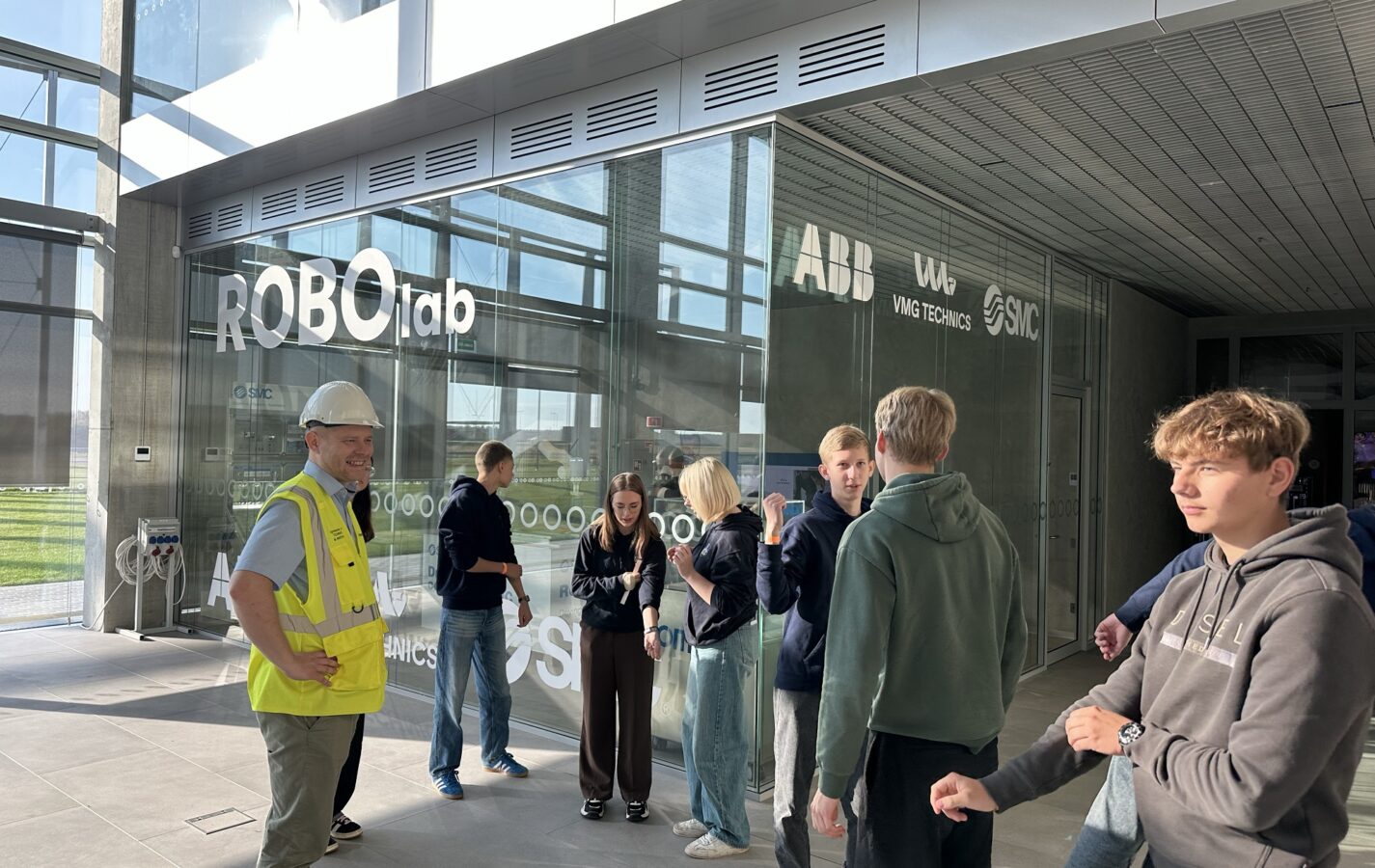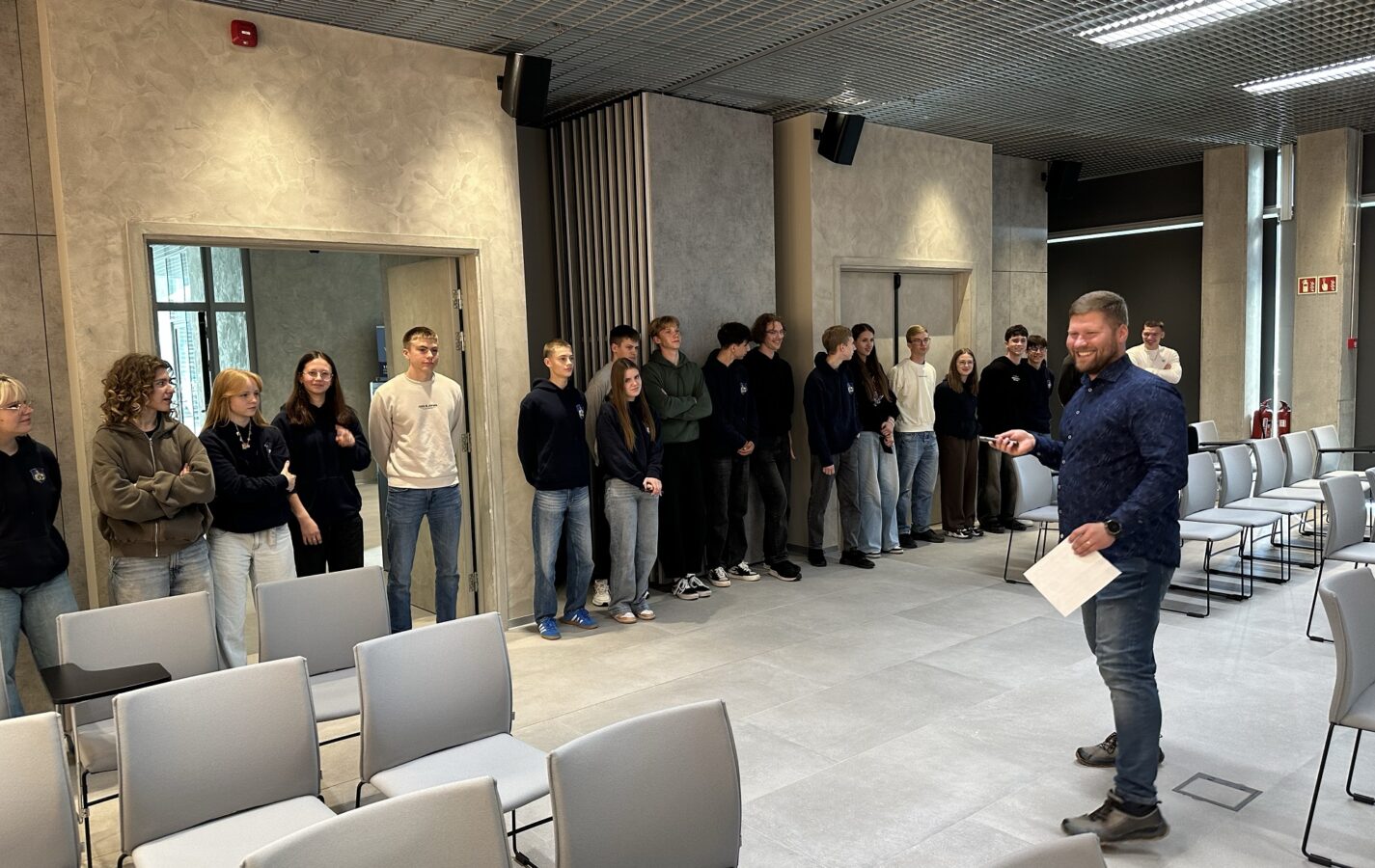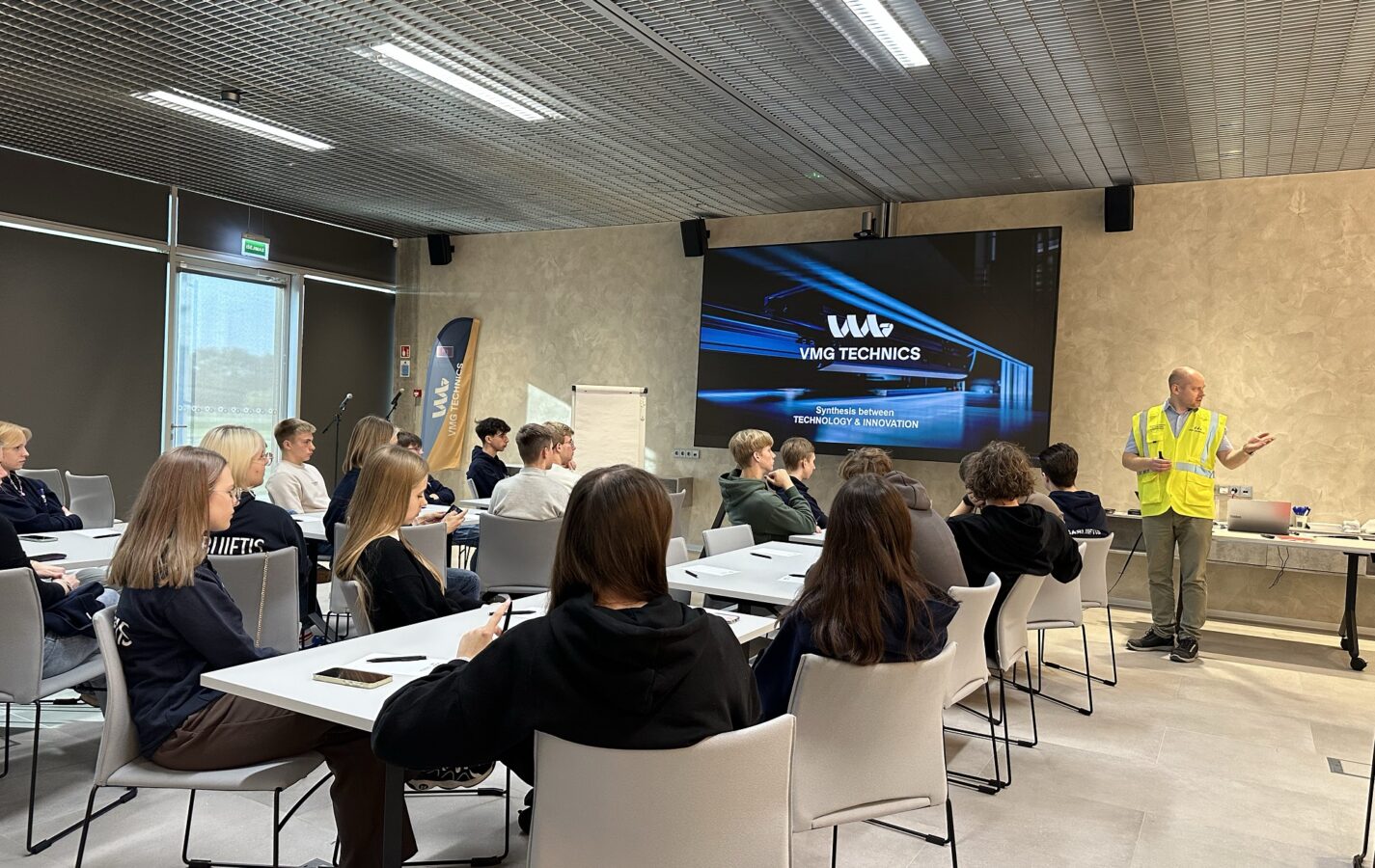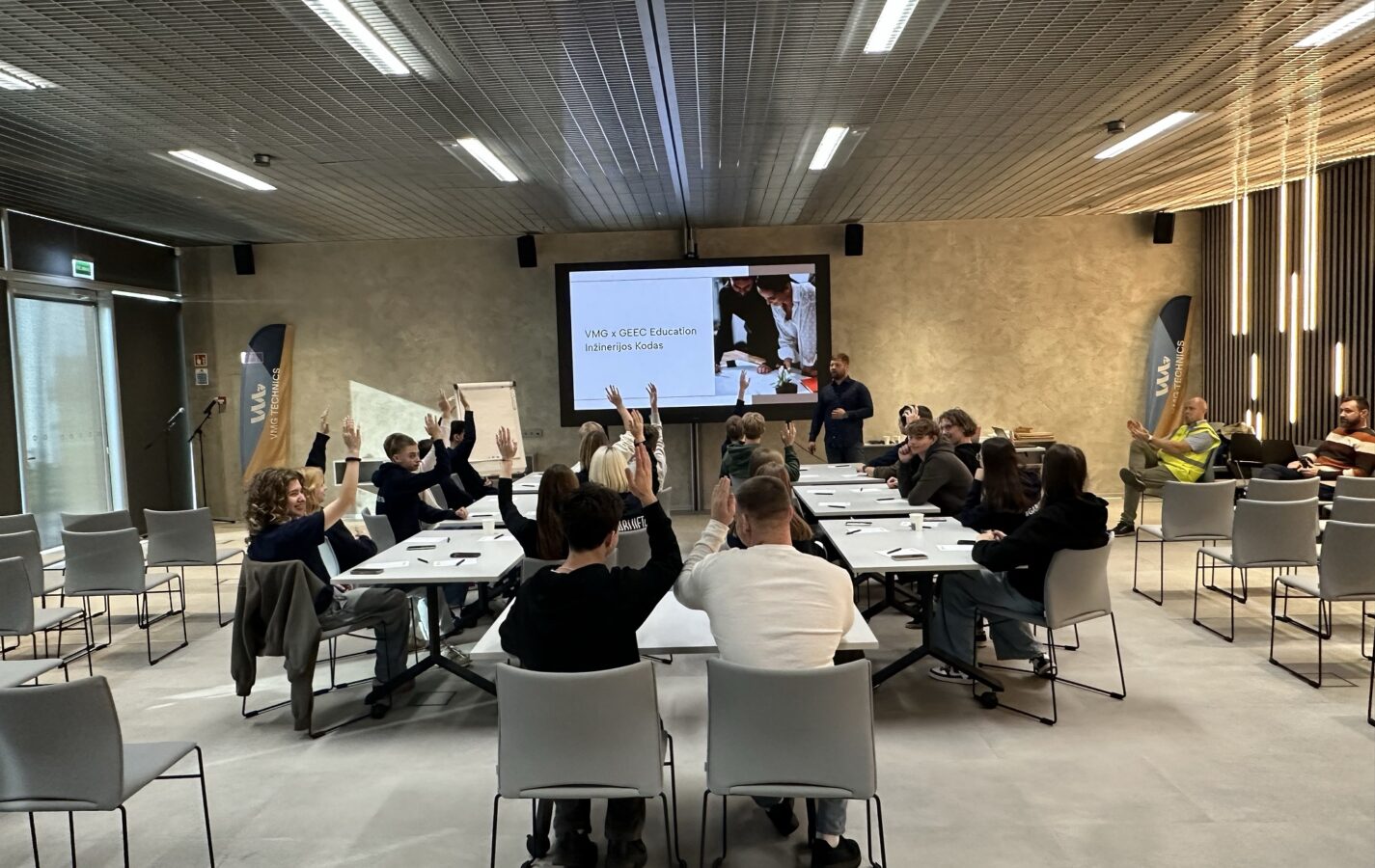Type in a search word
What are you looking for
These specialists are called the “golden fund”: regions feel their shortage the most
Engineering is becoming an increasingly important field in Lithuania, yet the data reveals an interesting paradox – although the overall number of students enrolling in engineering is growing, the shortage of qualified engineers in the regions continues to deepen.
Growth is evident, but challenges remain
Lithuanian higher education institutions report significant growth in engineering studies. According to data from the Lithuanian Higher Education Institutions Association (LAMA BPO), in 2025 universities admitted 11% more students to engineering programs than in 2024. Colleges saw a 3% increase in engineering students over the year.
Twice as many men as women enroll in engineering programs – 8% vs. 4% of all students. Across the European Union, the gap is very similar – 11% vs. 5%.
Mindaugas Gudelis, Head of Training and Development Projects at VMG Technics, believes that this situation may limit career opportunities for women in engineering and reduce the sector’s potential.
“The stereotype that engineering is a male field still exists. However, in practice, girls who choose engineering often achieve outstanding results, especially in disciplines related to precision, project management, and innovation,” notes M. Gudelis, adding that this trend encourages businesses to actively involve women in the technology sector.
Additional opportunities for youth in the regions
Despite the growing number of students and increasing interest in engineering, opportunities to gain practical experience and pursue engineering studies vary depending on where students live.
According to Paulius Jakutis, CEO of GEEC Education, this is caused by differences in accessibility and the ability of educational institutions to offer innovative, research- and technology-based learning.
“Universities and colleges in major cities have the most advanced laboratories and well-developed technology centers. There, students can participate in international projects, competitions, and internships that help them gain real skills. In the regions, such resources simply do not exist, so young people often choose traditional studies – law, medicine, management,” he explains.
M. Gudelis adds that companies have already started looking for creative ways to attract specialists to the regions. One of the top strategic business priorities is to create the most attractive workplaces for young people, so that as few minds as possible leave for abroad.
“We offer hybrid work models, flexible schedules, and even support for housing or relocation. Life in the regions can be attractive – more space, less traffic, and nature right nearby. Moreover, modern production centers are already being developed where young people can gain experience and contribute to cutting-edge technologies,” says M. Gudelis.
To ensure that young people in the regions have a real opportunity to explore modern engineering, VMG Group, together with GEEC Education, is implementing the “VMG Engineering Code” project. Through lectures, practical tasks, and visits to the VMG Technics factory, 10th–12th grade students can get hands-on experience in robotics, artificial intelligence, and product development, gaining skills that help build a career foundation and contribute to the technological development of the regions. The project aims to provide young people with practical experience, motivate them to choose engineering as a meaningful career path in Lithuania, and help fill gaps in regional and labor market needs.
